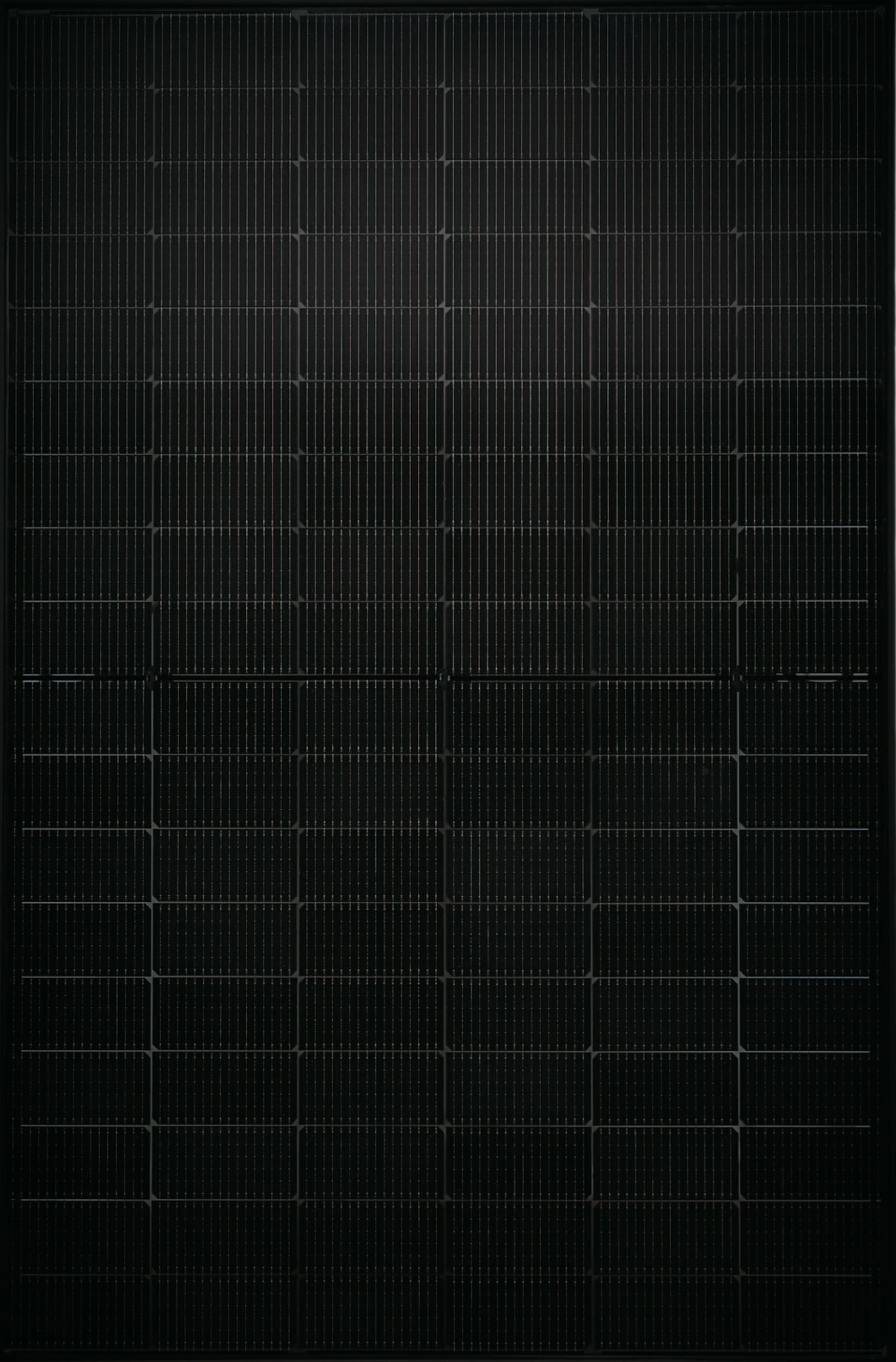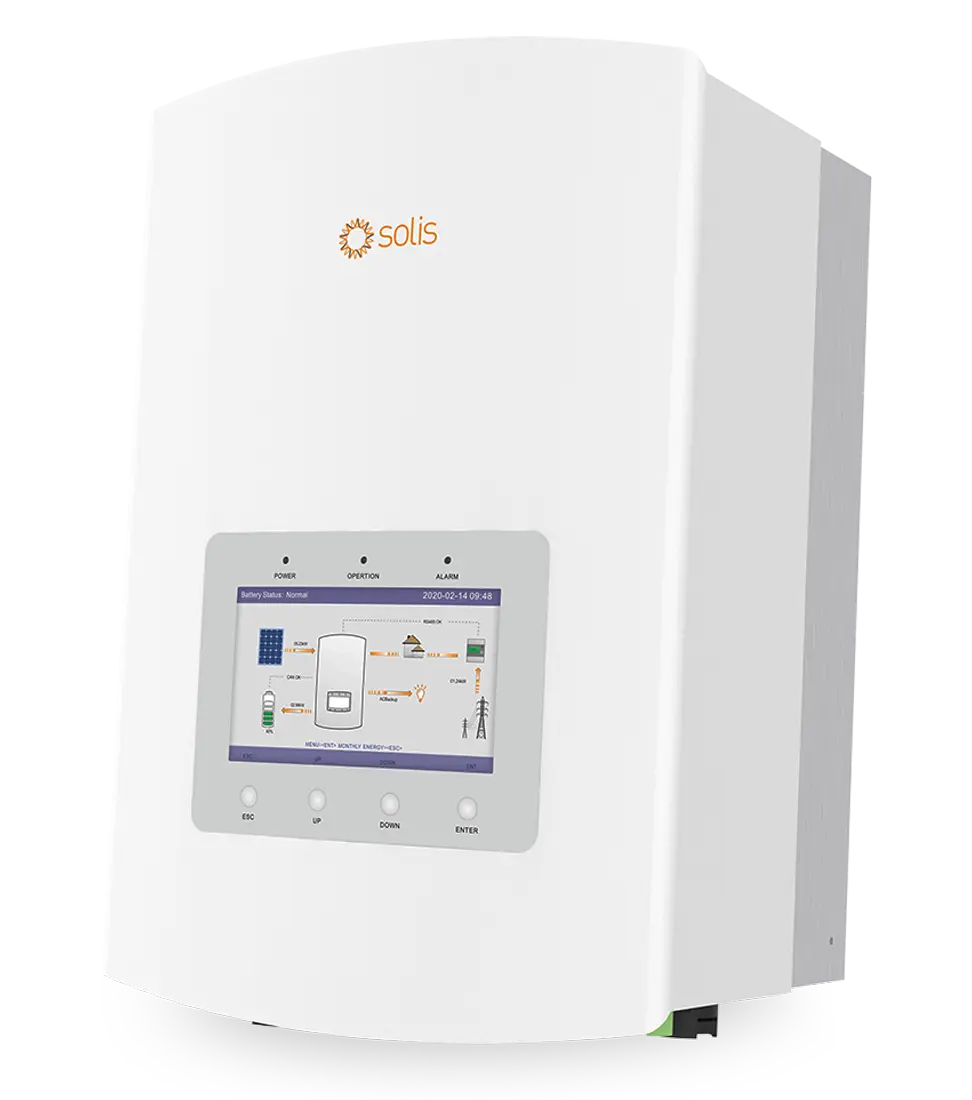Photovoltaic Panels
Are you looking for the ideal solution to control your energy bill, reduce your ecological footprint or make your home more profitable?
Invest in a photovoltaic system!
It's the first step towards the energy transition and allows you to control all or part of your electricity bill.
How do photovoltaics panels work?
When photovoltaic panels are installed on your roof or in your garden, they absorb ambient light and transform it into direct electrical current. This direct current is then converted into alternating current by an inverter to power your lighting and electrical appliances.
If your photovoltaic system generates more electricity than you consume, the excess is transferred to the electricity grid. In turn, this causes your electricity meter to run backward, resulting in a significant reduction in your electricity bill. However, it's worth noting that this is not the case in Brussels.
Find out what your advantages are with solar energy !
✓ Long service life
✓ Lower energy bill
✓ Subsidies
✓ Higher home value
✓ Reduce CO2 emissions. The energy generated by solar panels is clean energy
Photovoltaics and EPB certificate
When you have your property assessed by an EPB certification body, the overall energy consumption of the building is taken into account. The certification body collects a series of data for this purpose, based on five specific indicators. These indicators all have an impact on the theoretical annual consumption of your building. By pooling this data, a so-called EPB certificate is generated.
This certificate offers the possibility to compare the energy performance of buildings on the market in an objective way.
Thus, among the specific indicators used in the preparation of the EPB certificate is the category "Use of renewable energy". This category detects and evaluates the presence of systems using renewable energy and/or producing electricity, including solar photovoltaic installations.
Suntech: Photovoltaic Panel
The Suntech 440W Full Black Bifacial Module is a high-efficiency solar panel featuring N-Type TOPCon half-cell technology. It has an all-black aesthetic design, ensuring a sleek integration with modern buildings. Its lightweight double-glass structure enhances durability while reducing breakage risks, making it easier to install and handle. Engineered to withstand harsh environmental conditions, it is resistant to high temperatures, salt mist, and ammonia. It also endures extreme wind loads (3800 Pascal) and snow loads (6000 Pascal). The panel comes with a 25-year product warranty and a 30-year linear performance warranty, offering long-term reliability. With a maximum efficiency of 22.5% and an output range of 420-440W, it delivers excellent power generation. The bifacial technology enhances energy yield by utilizing reflected sunlight, achieving additional rear-side power gains. Certified for high safety and quality standards, the Suntech 440W panel is an ideal choice for efficient and sustainable solar energy solutions.
All of our photovoltaic systems come with 30-year product and performance warranties, ensuring that you receive top-quality and long-lasting solar energy solutions.
✓ Residential use ✓ Commercial use ✓ Industrial use
• Reduce energy costs and increase energy independence
• Estimated production: ~150 kWh/m²/year
• Configurable ON-GRID or for own consumption
• Easy to install on the roof / floor
• Lifetime > 30 years
• Return on investment < 10 years
Download the brochure here.

Huawei: Inverter
With nearly 100,000 engineers and over €100 billion in annual sales, Huawei is quite simply the largest inverter manufacturer in the world. They are the only ones to offer both inverters and batteries, which makes the PV system highly integrated and manageable, while benefiting from a 10 to 20 year warranty. Certainly an excellent choice for a long-term investment.
Download the brochure here.

Huawei: Smart PV Optimizer
With this Smart PV Optimizer, the solar panels can operate efficiently even with shading up to 30%.
Download the brochure here.

Huawei: Smart Power Sensor
Measures home consumption.
Download the brochure for the Smart Power Sensor here.


Sungrow: Inverter
The Sungrow SH5.0/6.0/8.0/10RT Power Conversion System Hybrid Inverter is an advanced energy solution designed to maximize efficiency for residential and commercial applications. This hybrid inverter allows seamless integration of solar energy and battery storage, enabling users to reduce grid dependence while ensuring stable power supply. It features intelligent energy management, allowing for real-time monitoring and optimization through Sungrow’s iSolarCloud platform. Known for high durability and easy installation, this inverter supports multiple power capacities (5-10 kW), making it adaptable for diverse energy needs.
Download the brochure here.

Sungrow: Inverter Single Phase
The Sungrow SH3.0/3.6/4.0/5.0/6.0RS is a residential hybrid single-phase inverter designed to integrate solar energy generation with battery storage. It features a wide battery voltage range of 80–460 V, making it suitable for both new installations and retrofitting existing systems. The inverter ensures energy independence by providing seamless transition to backup mode during power outages and supports fast charging and discharging to enhance self-consumption. User-friendly setup is facilitated through plug-and-play installation, lightweight design, and compatibility with the iSolarCloud monitoring platform for real-time data access and management.
Download the brochure here.

Sungrow: Optimizer
The Sungrow SP600S is a smart power optimizer designed to enhance the efficiency and safety of photovoltaic (PV) systems. By performing module-level maximum power point tracking (MPPT), it increases energy yield by up to 30%, especially in scenarios with partial shading or module mismatches. The SP600S supports flexible system designs, allowing for longer strings and installations on rooftops with varying orientations and inclinations. For safety, it features rapid shutdown capabilities, reducing module voltage to 30V within 20 seconds, and offers IP68 protection with C5 anti-corrosion standards. Additionally, the optimizer enables efficient operation and maintenance through rapid data refresh rates and module-level diagnostics.
Download the brochure here.

Sungrow: iSolarCloud app
iSolarCloud is Sungrow’s intelligent management and monitoring system for photovoltaic (PV) and energy storage plants. It offers comprehensive lifecycle management, including data collection, plant monitoring, and operation and maintenance (O&M). The platform features a user-friendly interface with customizable performance views, real-time fault analysis, and quick troubleshooting capabilities. It ensures data security through hierarchical access management and redundant data storage. iSolarCloud is accessible via web and mobile applications, providing flexible data access for users.
Download the app on iOS here.
Download the app on Android here.

Solis S5-EH1P(3-6)K-L: Inverter
The Solis S5-EH1P(3–6)K-L is a high-efficiency hybrid energy storage inverter designed for smart solar systems. With up to 5 kW backup power and a 20 ms uninterrupted power supply, it ensures seamless energy continuity during outages. It supports both lithium and lead-acid batteries, offering flexibility for various markets.
Equipped with intelligent energy management (EMS), AFCI protection, and high-frequency isolation technology, it delivers safe, reliable, and long-lasting performance. Its fanless design, remote monitoring and upgrade capability, and 24-hour smart management make it ideal for maximizing self-consumption, grid friendliness, and overall energy savings.
Download the brochure here.

Solar Panels, Photovoltaic Panels, Thermodynamic Panels: What is the Difference?
Solar panels is a more generic terms of two types of panels:
a) Solar thermal panels for producing domestic hot water
b) Photovoltaic solar panels that produce electricity.
a) Solar thermal panels can be thermodynamic, or water based and they produce domestic hot water. Delex Belgium does have solar thermodynamic panels and heat pumps in the portfolio, feel free to contact us at: contact@delex.eco for an offer!
b) Photovoltaic solar panels (also abbreviated PV panel) are based on silicon solar cells, and they produce electricity. There are several types of photovoltaic solar panels, mostly used today are the monocrystalline which offer best price/kW ratio. Here is a short description of them:
- Monocrystalline
- Polycrystalline
- Solar film
Monocrystalline PV panels:
A single pure silicon crystal that has been divided into numerous cells is used to create these solar panels. Those panels are usually black and are the ones that Delex uses both for industrial and domestic installations. They are the most efficient, long lasting, and best looking of the 3 types but also the most expensive. They are the most common type on the market nowadays.
Polycrystalline PV panels:
As the title infers, these come from diverse silicon precious stones rather than one, giving them a light blue color. They are less space-effective, have lower warm resistance and are less productive in high-temperature situations but are cheaper to produce. Those panels are losing ground in favor of monocrystalline ones and Delex does not use them anymore.
Solar Film panels:
Thin-film panels are characterized by very fine layers and are thin enough to be flexible. Each panel does not require a frame, making it lightweight and easy to install. They come in a variety of sizes, depending on your needs. However, they are almost twice as less efficient than crystalline ones. Delex does not offer this type of panel.
What to Do Before and After Installing Your Photovoltaic Panels in Belgium?

.svg)


